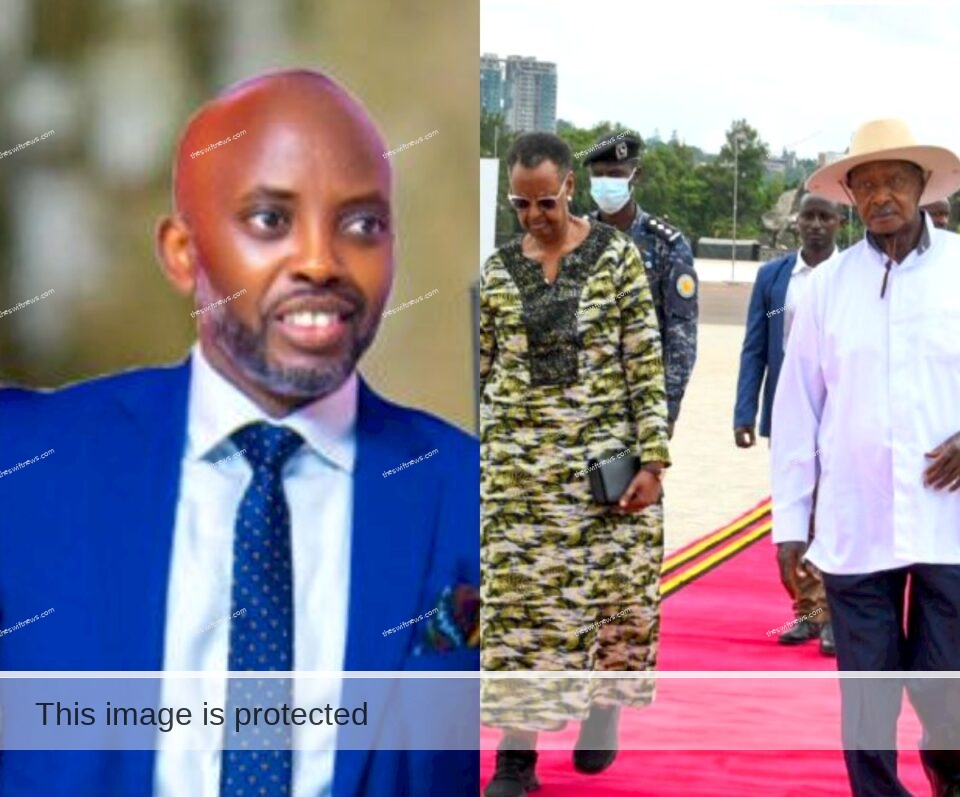By Frank Kamuntu
President Yoweri Kaguta Museveni and First Lady Janet Museveni on Monday graced the National Celebrations of the International Day of Education held at Kololo Independence Grounds, where the theme, “AI and Education,” took center stage.
In his keynote address, President Museveni acknowledged the powerful role artificial intelligence is set to play in transforming Uganda’s education sector. He emphasized the historical balance of formal and informal learning in Uganda, from traditional family-based teaching to structured training in kingdoms — particularly in military and leadership roles.
“Education was provided in both formal and informal ways,” the President stated. “Families were responsible for informal learning, while kingdoms handled formal education, such as military training.”
The President reiterated the NRM government’s dedication to preserving cultural knowledge while embracing modern, universal education. He stressed the importance of merging emerging technologies like AI with critical thinking to equip Ugandans for the digital future.
“Our government values both formal and informal learning. Through policies supporting universal modern education and cultural education, we are aligning efforts to equip Ugandans with skills for the digital age,” Museveni said.
He also lauded the achievements of Presidential Skilling Hubs and expressed gratitude to development partners for supporting Uganda’s educational reforms, particularly in the context of AI.
However, this marked shift toward embracing AI in education closely echoes the long-standing proposals and advocacy of Prof. Lawrence Muganga, Vice Chancellor of Victoria University (VU). Muganga has been a persistent voice calling on African leaders to adopt AI as a transformative tool for learning, governance, and economic growth.
Restlessly, Prof Muganga has been ‘preaching’-“This is not just a moment of pride but a call to action. Africa has the potential, and we must invest in technology, education, and innovation to ensure we are not left behind. The AI revolution is happening now.”
Muganga’s advocacy come at a critical time when Africa’s involvement in global technological advancement remains limited. He has consistently argued that AI presents unmatched opportunities for economic transformation, job creation, better healthcare, educational reform, and financial inclusion across Africa.
Muganga’s Vision: What AI Can Do For Uganga & Africa
- Economic Growth: AI can boost productivity in agriculture, manufacturing, healthcare, and finance through automation, predictive analytics, and smart systems.
- Healthcare Improvement: AI can enhance diagnostics, enable telemedicine in remote regions, and improve hospital efficiency.
- Education Transformation: Through personalized learning and AI-driven platforms, education can reach more students, including those in underserved communities.
- Agricultural Development: AI-powered tools can help farmers increase yields, manage resources sustainably, and adapt to climate changes.
- Financial Inclusion: With AI-based credit scoring, mobile banking, and fraud detection, underserved populations can access formal financial services.
“We must challenge ourselves to do more,” says Muganga. “Africa cannot afford to be a spectator. Let us seize this opportunity to lead and shape the future of education and beyond.”
Is Uganda Finally Listening?
President Museveni’s public endorsement of AI in education may signal a turning point — and a long-awaited alignment with Prof. Muganga’s vision. As Victoria University continues to wave the African flag high on the global AI stage, the message is clear: Africa must embrace AI now or risk being left behind.
Have An Advert Or Article You Want Us To Publish? Email: swiftnewsug@gmail.com


